By LYNSEY CHUTEL and CANDICE CHOI
JOHANNESBURG (AP) _ Starbucks is jumping into the surging coffee market in South Africa, where the number of cafes has expanded rapidly in recent years.
The company says the first store will open in Johannesburg by mid-2016 through a deal with Taste Holdings, a licensor of global brands in the region.
Even though Starbucks doesn’t yet have locations in sub-Saharan Africa, the company is betting people may be familiar with the name through TV, movies and media. The company’s coffee, which includes sourcing from nine African countries, was available through a foodservice deal during the 2010 Soccer World Cup. And the chain’s green-and-white siren logo could be a familiar draw for people visiting Johannesburg from other parts of the world.
Kris Engskov, who heads Europe, the Middle East and Africa for Starbucks Corp., said South Africa is an “aspirational country” with a growing economy and that there is now a “much larger group of people that can access our brand.”
Starbucks, which has 22,000 locations globally, said the coffee served in the Johannesburg store will be similar to the coffee Starbucks serves elsewhere in the world, but that it will create “special reserves” for the location.
With the addition of the Johannesburg location, Starbucks is entering an already lively coffee market, thanks to a mix of independent cafes and chains that have popped up in recent years.
The Seattle Coffee Company has about 90 stores in the country. Barry Parker, a director for the company, said he’s excited about the arrival of Starbucks, but that independent shops might be worried.
To the contrary, David Donde, owner of Truth Coffee, a Cape Town cafe known for its brass steampunk design and a remodeled 1940s cast iron roasting drum also says he welcomes the competition from Starbucks.
“They’re going to benchmark South African pricing with world pricing. We’ve been selling our coffee too cheap here,” Donde said, adding that he thinks South African coffee drinkers are becoming more discerning about the quality of the brew, favoring “flavor over bitterness.”
Ultimately, coffee drinkers will be the winners, said Karabo Kgole, a media analyst who lives in Johannesburg: “Coffee lovers will benefit from having another brand to explore.”
Alison Ritchie, a communications specialist who lives in Cape Town first walked into a Starbucks’ store while living in South Korea, said she is “stoked” about their arrival in South Africa.
“I loved it in Asia and I will most definitely love it here,” said Ritchie, who is also a regular at Truth Coffee.
Starbucks and Taste aren’t disclosing the financial terms of their deal, but Starbucks says it will similar to its other licensing deals around the world. The companies say their partnership will eventually lead to additional Starbucks stores in South Africa.
Employees from Taste will go travel to Starbucks headquarters in Seattle for training, and stores will be designed by the Starbucks team in London.
As with other Starbucks outside of the U.S., the menu be tweaked to cater to local tastes. For instance, rooibos tea will be part of the menu.
Taste CEO Carlo Gonzaga said Starbucks will do well in South Africa because there’s an affinity for international brands because their presence in the country has been relatively scant.

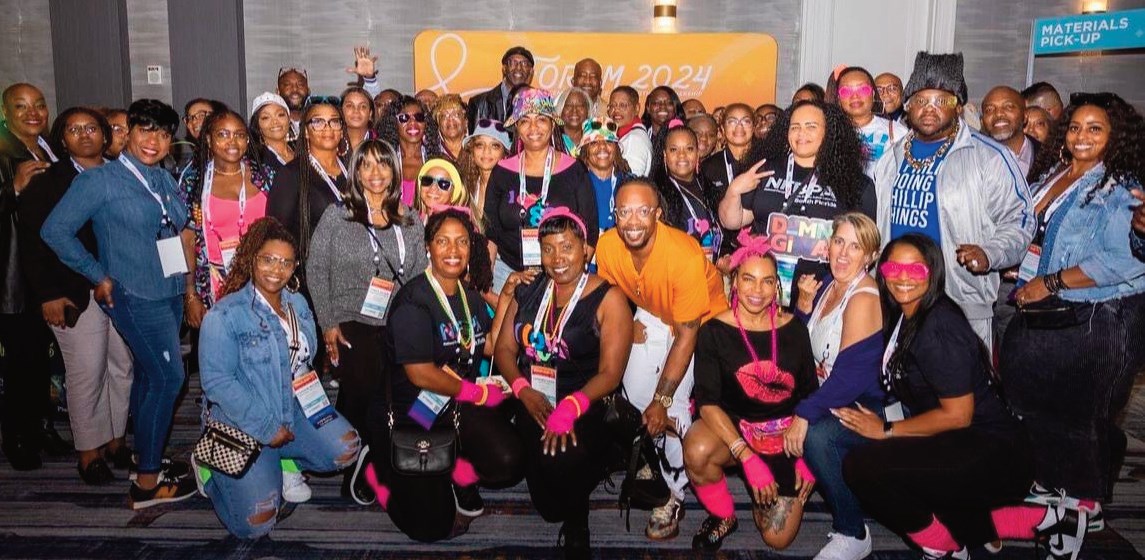
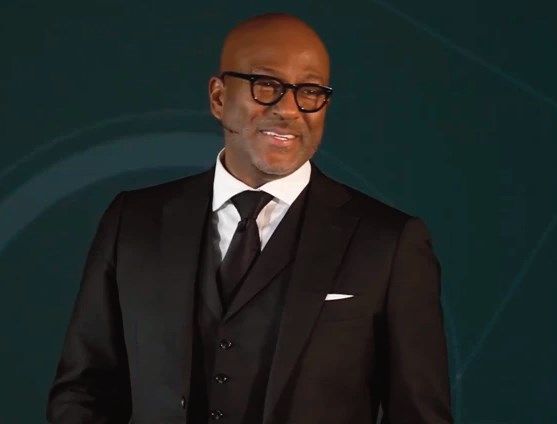
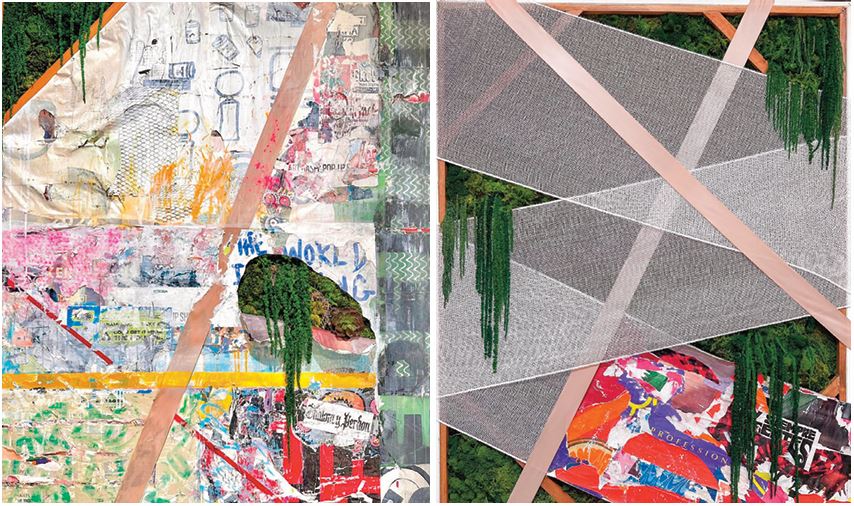

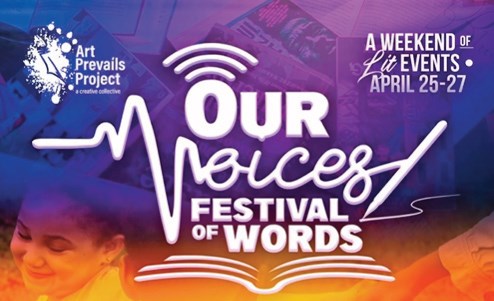
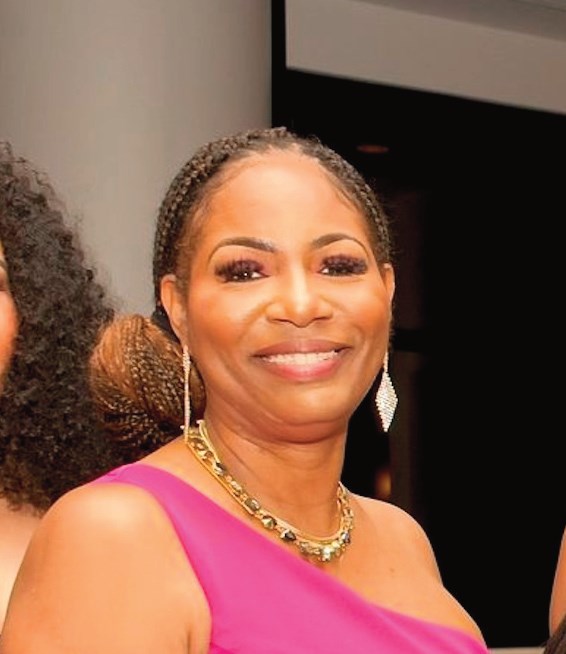
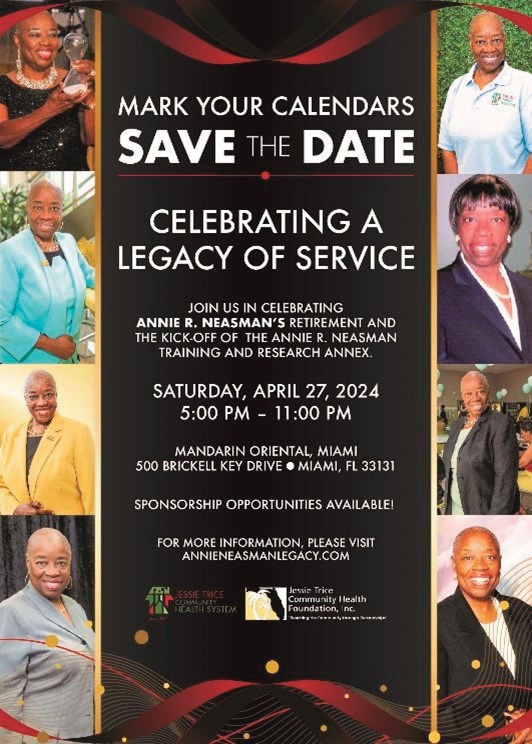
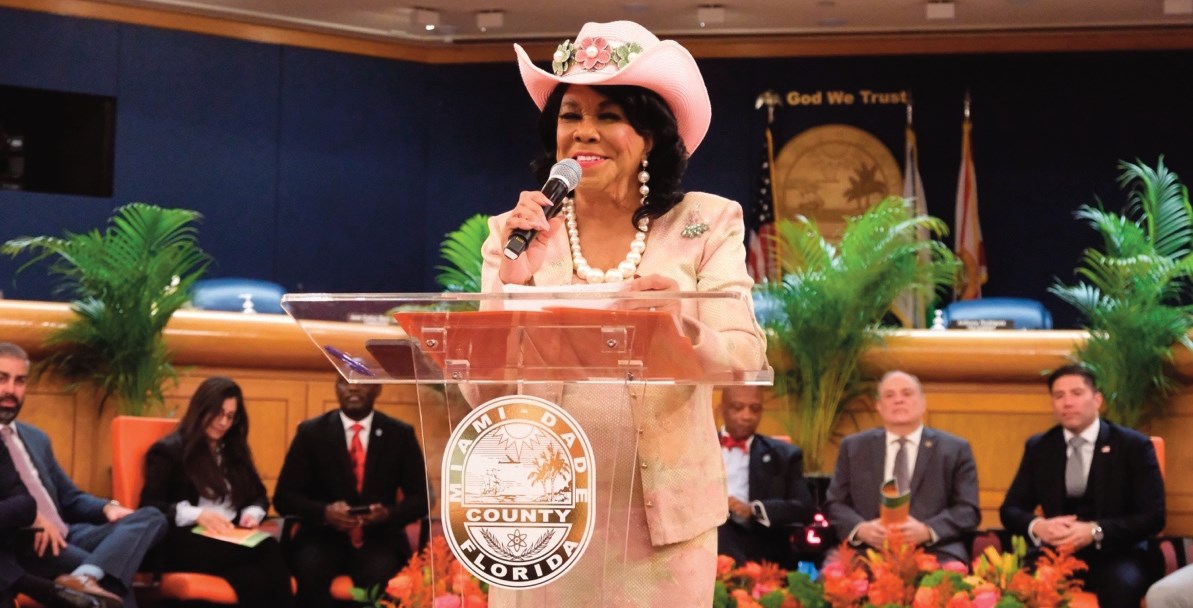


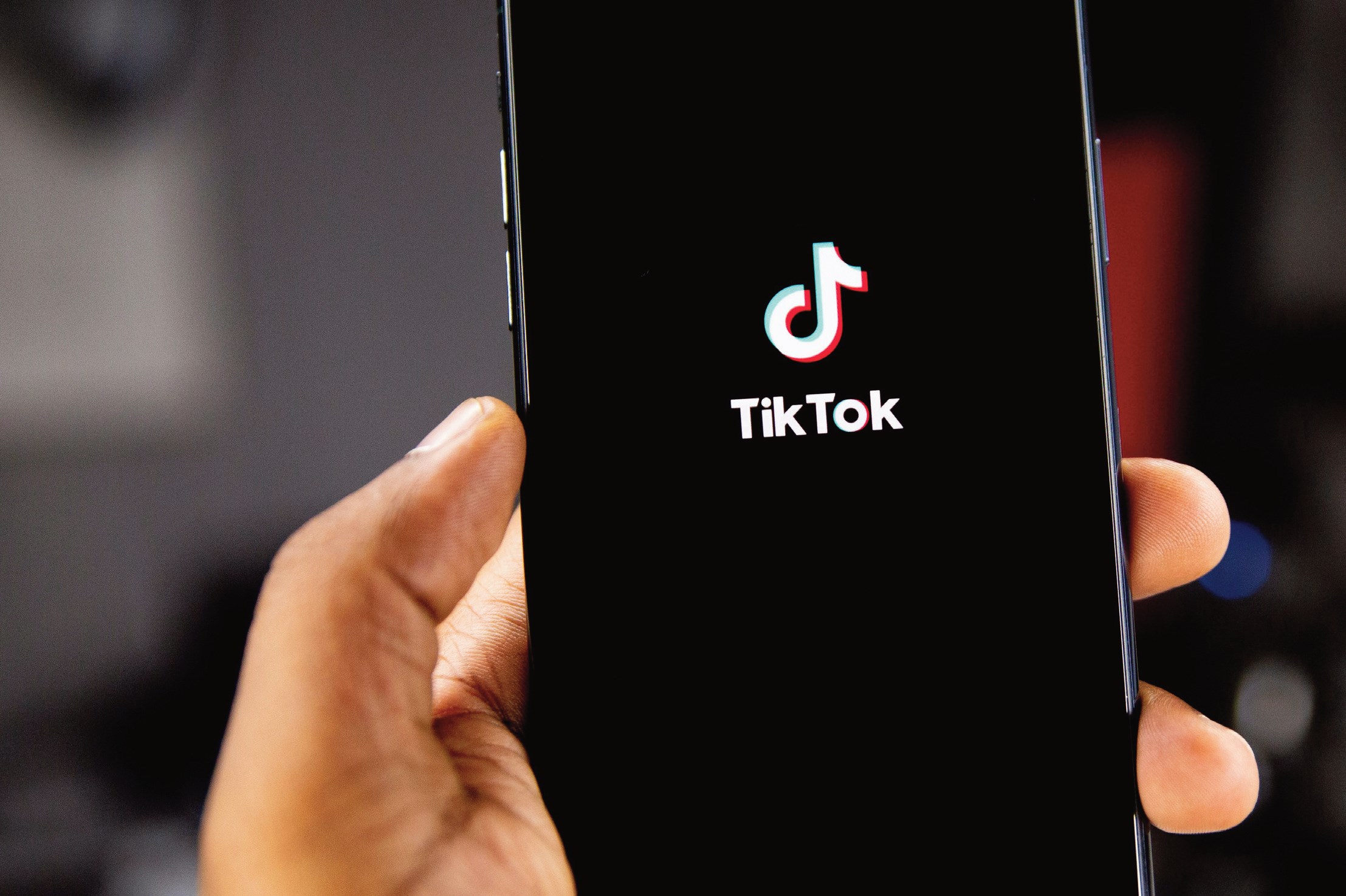
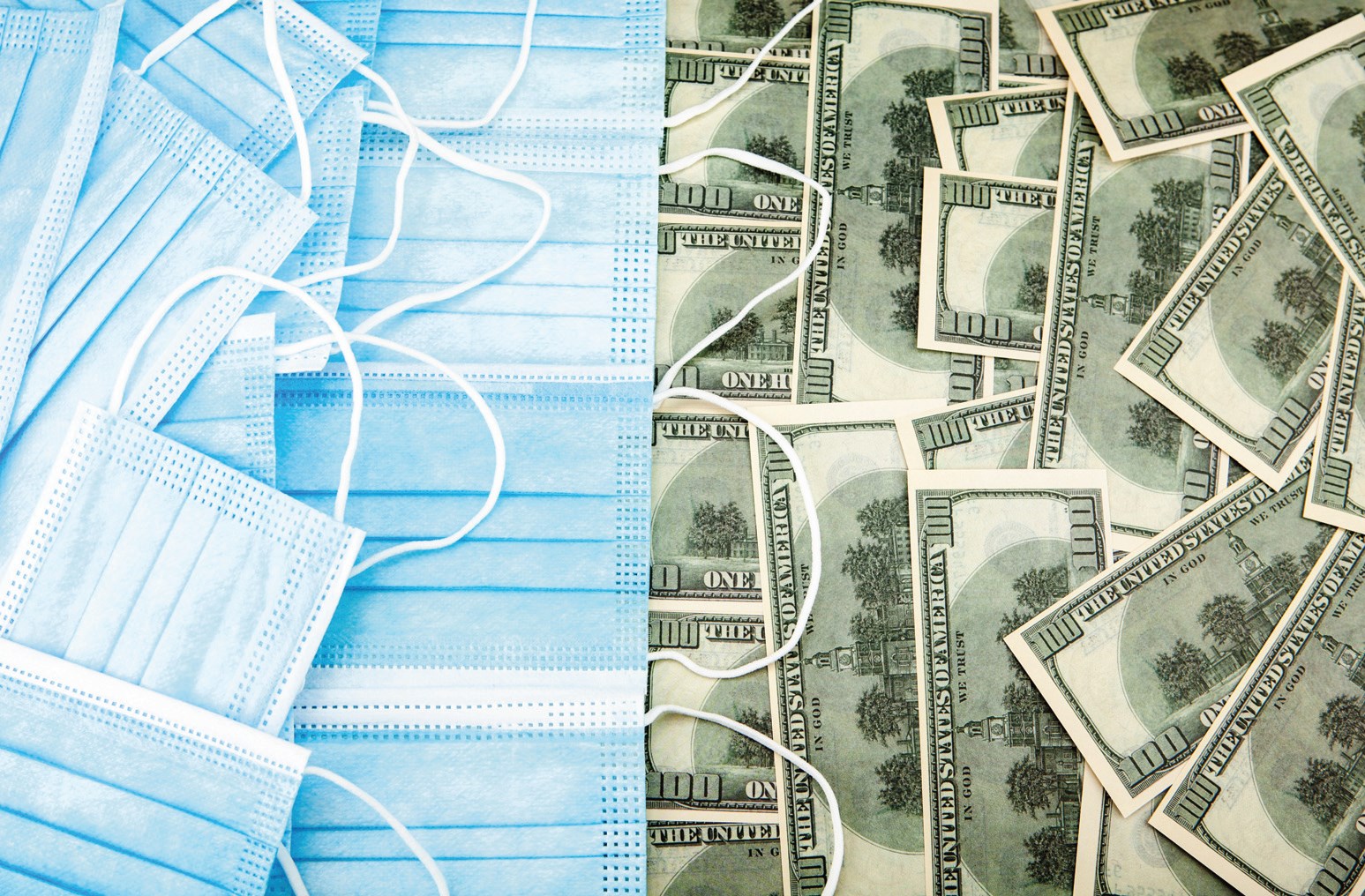
No Comment